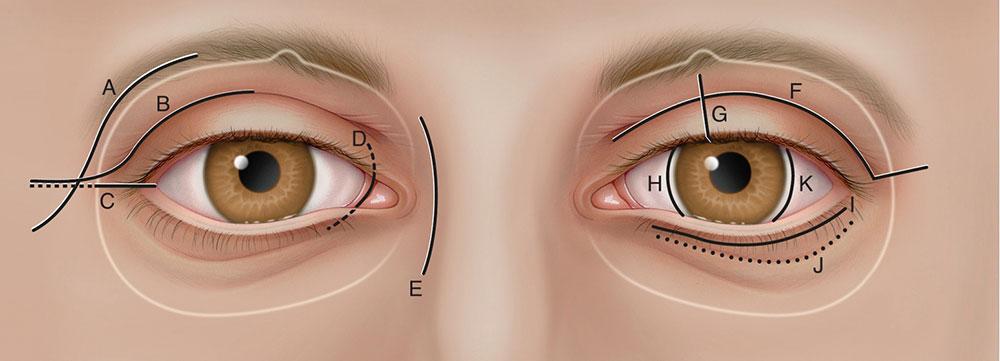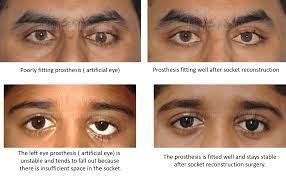Orbital Surgery: Procedures and Considerations for Eye Socket Health
Exploring the Intricacies of Orbital Surgery and Its Impact on Eye Health
Introduction:
Orbital surgery is a specialized field of ophthalmic surgery that deals with the diagnosis, treatment, and management of conditions affecting the eye socket, also known as the orbit. This intricate branch of medicine focuses on addressing orbital injuries, tumors, infections, congenital anomalies, and other related disorders. Through a range of advanced procedures and careful considerations, orbital surgery aims to restore and maintain optimal eye health.

Understanding Orbital Surgery:
Orbital surgery encompasses a variety of procedures tailored to specific conditions and requirements. One common procedure is orbital decompression, which is often performed to alleviate pressure within the orbit caused by conditions such as thyroid eye disease or tumors. This procedure involves removing bone and/or fat from the orbit to create additional space for the eye and its surrounding structures.
Another significant aspect of orbital surgery is orbital fracture repair. When the bones surrounding the orbit are damaged due to trauma, surgical intervention may be necessary to restore normal anatomy and function. Orbital fractures can cause double vision, restricted eye movements, or even vision loss, making prompt and precise surgical repair crucial for optimal outcomes.
Considerations in Orbital Surgery:
Orbital surgery requires careful consideration of various factors to ensure successful outcomes and minimize risks. Pre-operative evaluation, including detailed imaging studies, is crucial for accurate diagnosis and surgical planning. A thorough understanding of the patient's medical history, medications, and any coexisting conditions is essential to mitigate potential complications during surgery.
The choice of surgical approach is another critical consideration. Surgeons may opt for traditional open approaches or utilize minimally invasive techniques such as endoscopy or robotic-assisted surgery. Minimally invasive approaches often result in smaller incisions, reduced scarring, and faster recovery times for patients.

Advancements in Orbital Surgery:
With advancements in technology and surgical techniques, orbital surgery has witnessed significant progress in recent years. Computer-assisted navigation systems now enable surgeons to precisely navigate the complex orbital anatomy during surgery, enhancing surgical accuracy and safety. Three-dimensional (3D) printing technology has also emerged as a valuable tool, allowing surgeons to create patient-specific models for pre-operative planning and practice.
Moreover, the advent of robotic-assisted surgery has revolutionized orbital procedures. Robotic systems provide enhanced dexterity, stability, and precision, enabling surgeons to perform delicate maneuvers with greater control. These advancements have led to improved surgical outcomes, reduced complication rates, and shorter recovery times for patients undergoing orbital surgery.
Conclusion:
Orbital surgery plays a vital role in the diagnosis, treatment, and management of conditions affecting the eye socket. By employing a range of procedures and considering various factors, orbital surgeons strive to restore and maintain optimal eye health for their patients. With ongoing advancements in technology and surgical techniques, the field of orbital surgery continues to evolve, offering promising outcomes and enhanced patient care.
We are associated with experienced and highly skilled medical professionals. We use the latest medical technology available in the world and we provide medical services in collaboration with JCI & NABH Certified hospitals only. Our services include various types of treatment and organ restructuring and transplant.
